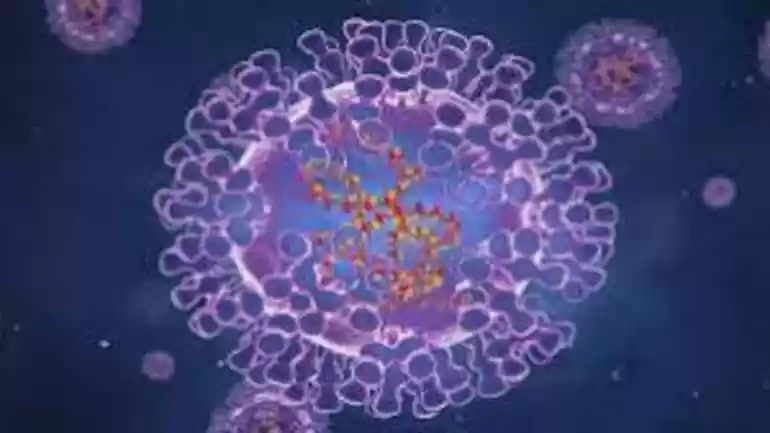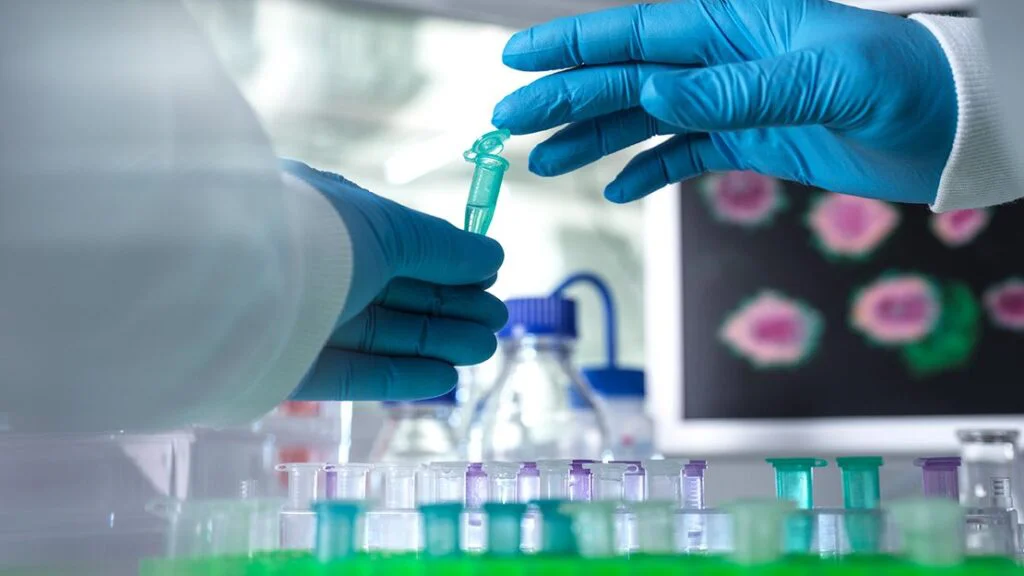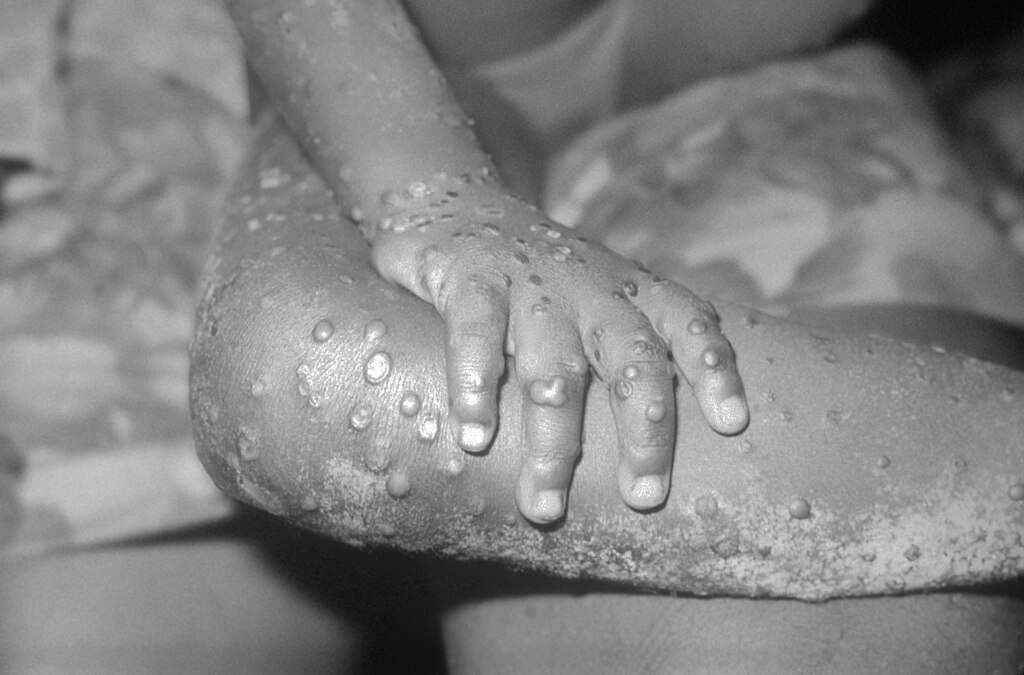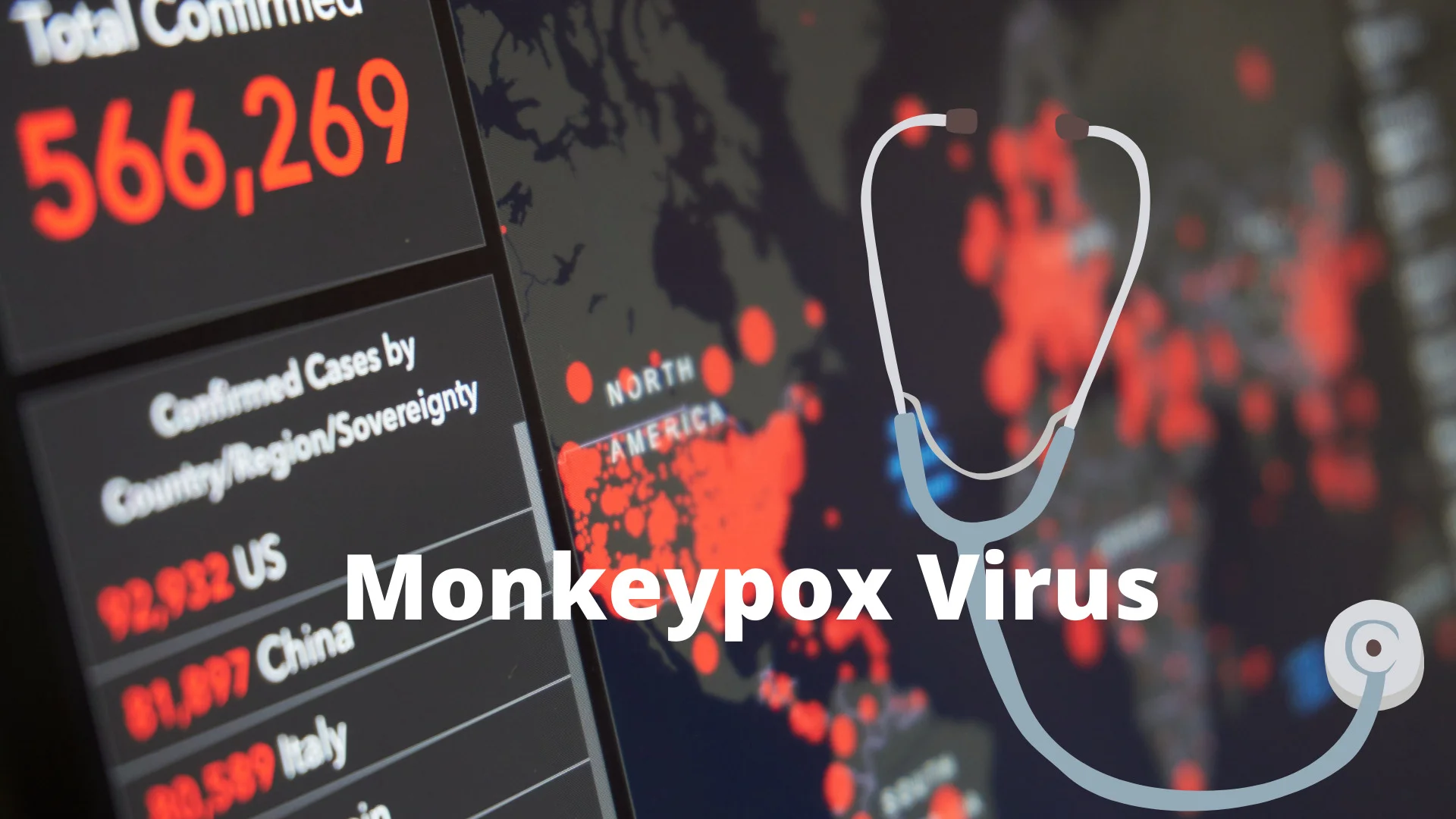Monkeypox virus has been in the news recently, especially with multiple reported cases in the Democratic Republic of Congo. So, what exactly is monkeypox? How does it spread? And how do you protect yourself from this rare disease? Here’s everything you need to know about monkeypox virus.
Table of Contents
What is Monkeypox?
First discovered in 1958 during an outbreak of pox-like disease among laboratory monkeys, monkeypox is a rare viral infection that was previously considered to be limited to Central and West Africa. However, since 2003, monkeypox has been recognized as a human disease, generally appearing as an easily-treated but sometimes fatal form of smallpox.

There are five known strains of monkeypox virus; four are found in animals (the variola major strain is found in humans). The fifth strain has yet to be isolated from an animal or human. Currently, there is no vaccine for monkeypox and diagnosis requires a tissue sample taken by biopsy or surgery. Treatment consists of general supportive care until symptoms subside.
This year, however, two cases have appeared in Minnesota — both infected people were believed to have contracted it while traveling outside of North America. In addition, health officials are investigating whether three other people who were hospitalized with a similar illness may also have contracted it overseas before returning home to Minnesota. Since 2003, only about 60 cases have been confirmed worldwide;
most occurred in central and western Africa where it’s believed transmission occurs through contact with bush meat or household pets like cats and dogs — though scientists aren’t sure how many people contract it without showing symptoms. In fact, some researchers believe up to 10 percent of those exposed may develop antibodies against monkeypox without ever developing any symptoms at all.
How does someone catch monkeypox?
Monkeypox is a rare disease that’s caused by contact with infected animals, mostly African rodents such as squirrels, rats and mice. Infected animals carry monkeypox virus in their saliva and respiratory droplets. Humans can catch it from these fluids when they are in direct contact with them. The disease can also spread through contaminated clothes or surfaces that have been touched by an infected animal or person.

People who live in areas where monkeypox occurs may be at risk of exposure if they handle sick or dead animals without wearing gloves. It’s not clear how long someone might be able to spread the virus after becoming infected themselves. People with weakened immune systems (such as those living with HIV/AIDS) appear more likely than others to develop severe symptoms if exposed to monkeypox. This could make them more likely than healthy people to pass on infection.
What are the symptoms of Monkeypox Virus?
Some people who are infected with monkeypox may never develop any symptoms at all. Others will develop a fever, chills, headaches, and muscle aches. Most people recover within a few weeks. The virus can spread through saliva or nasal secretions when an infected person coughs or sneezes. It can also spread by touching items that have been contaminated with bodily fluids from an infected person (such as clothing, bedding or a surface that has been touched by an infected individual). It is not possible for someone to get monkeypox from another human being who does not have symptoms of infection. Symptoms appear 8-10 days after exposure and last about 10 days.
Is Monkeypox Virus dangerous?
Monkeypox is generally not dangerous. While around 400 people have gotten sick with monkeypox since 1970, no one has died from it. Serious complications are rare—the CDC reports that less than 1 percent of people who contract monkeypox will develop a rash on their palms and soles. Other symptoms include fever, body aches, swollen lymph nodes, headaches and coughing. Monkeypox is not spread from person to person but can be transmitted through contact with an infected animal’s bodily fluids (like saliva or urine). It can also be transmitted through contaminated surfaces.

How do I prevent getting infected with monkeypox?
The first step in preventing infection is making sure you’re up-to-date on your vaccinations. If you aren’t, or if you’re unsure whether or not your vaccinations are up-to-date, schedule an appointment with your healthcare provider right away. Beyond that, take common sense steps to avoid exposure and use standard hygiene measures like washing your hands frequently (especially before touching your face).
As always, make sure you inform medical providers if there’s a chance you have been exposed—early diagnosis of monkeypox infection is essential for effective treatment. Most people who contract monkeypox do so by handling infected animals, so if you live near farms or wildlife areas, be extra careful around those animals. To date, no cases of human-to-human transmission have been reported.
How can I treat a person who has contracted monkeypox?
If you think you’ve contracted monkeypox, or if a loved one has, it’s important that you see a doctor as soon as possible. While there is no cure for monkeypox, medical professionals can treat its symptoms and lessen its severity. Symptoms of monkeypox include fever, headache, muscle aches, backache and swollen lymph nodes. However, many people who contract monkeypox don’t show any symptoms at all. To prevent spreading of disease to others (and vice versa),
it’s also important that those who have been diagnosed with monkeypox stay home from work or school until they are completely recovered from their illness. This will help avoid spreading any germs from infected people through public transportation systems and other crowded areas where others could easily come into contact with them. Those who do not wish to isolate themselves at home should wear protective clothing while in public spaces like stores or restaurants so they do not expose others to their illness.
Why don’t doctors have a cure for the disease?
Monkeypox is relatively rare and very few cases have been documented in humans. Unfortunately, there’s no vaccine for it yet, but scientists are looking into one. Meanwhile, stay vigilant about your own health and avoid contact with monkeys (both wild and domesticated) or monkey products if you travel overseas. If you do come down with symptoms of illness like fever or muscle aches, seek medical care immediately.
Is there a vaccine to prevent me from contracting this illness?
No vaccine exists for monkeypox. The best way to prevent contracting it is by avoiding contact with infected monkeys and their excrement and bodily fluids (blood, urine, etc.). Vaccinations are effective at preventing some types of smallpox, but due to genetic differences between monkeypox and smallpox, they aren’t typically effective at preventing infection with one virus if you’ve already been infected with another. A treatment plan doesn’t exist for those who become ill from a monkey pox infection either. Your doctor will likely monitor your condition while you fight off illness naturally or use treatments that have proven successful in treating similar illnesses caused by related viruses.
How did the first human get monkeypox?
In September 1967, a man from Lleida, Spain was infected by an unspecified strain of monkeypox while visiting Nigeria. A week later, he developed fever and a rash on his back, hands and feet. At first, his doctors thought he had chicken pox or smallpox but when blood tests came back negative for both viruses they diagnosed him with monkey pox instead. The World Health Organization (WHO) confirmed that his illness was caused by monkeypox virus in 1968.
What does monkeypox do to the body?
Monkeypox is a viral disease that can be transmitted from animals to humans. The disease is caused by monkeypox virus, a close relative of human smallpox, which has been eradicated in 1980s due to successful vaccination programs. Monkeypox virus is endemic among rodents and spreads through contact with fluids or tissues of infected animals or persons. There are many symptoms of monkeypox infection, such as headache, fever, sore throat and muscle aches. These symptoms normally resolve within two weeks after onset.
Monkeypox virus symptoms:
Symptoms of monkeypox, although rare, are still very unpleasant. Symptoms can take as long as 20 days after infection to appear, which makes it particularly difficult for doctors and patients to determine who contracted monkeypox and when they contracted it. Common symptoms include fever, headache, muscle aches and fatigue. Additional symptoms include abdominal pain, back pain and rashes that can spread from head-to-toe on a patient’s body. Doctors are currently researching treatments for medical conditions caused by monkeypox virus; however, there is no cure or treatment for those infected with monkeypox at present time.
Also see:
- Guest Blogging: What is it and Why it’s Important for Your Business
- Which is More Important for SEO: Quality Content or Backlinks?
- The Pulitzer Prizes: 10 Facts You Didn’t Know
- 2022 Marketing Automation: What is it, Examples & Tools
- SEO-Friendly Website Architecture: 10 Ways to Improve Yours and Make Search Engines Love You




